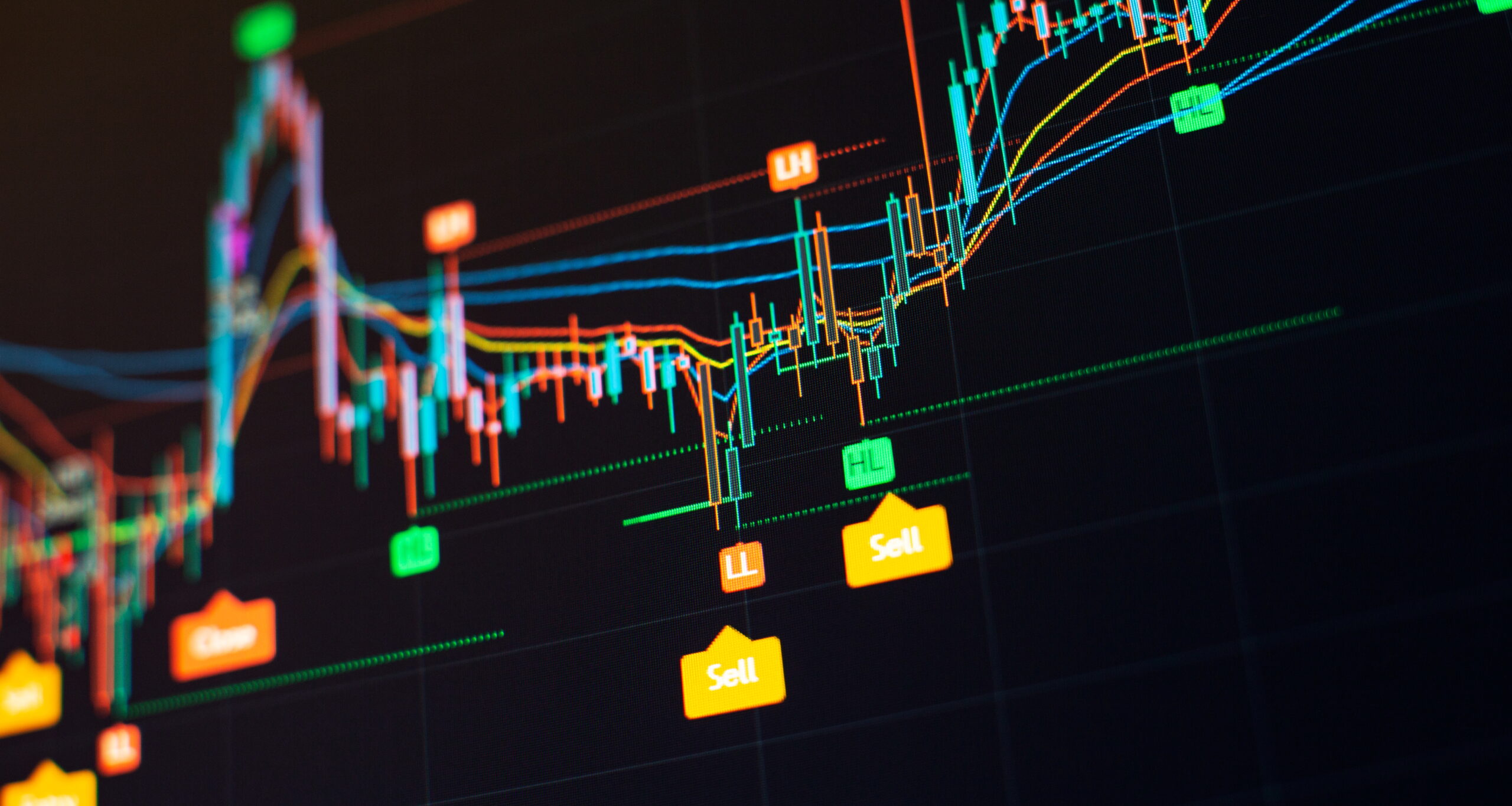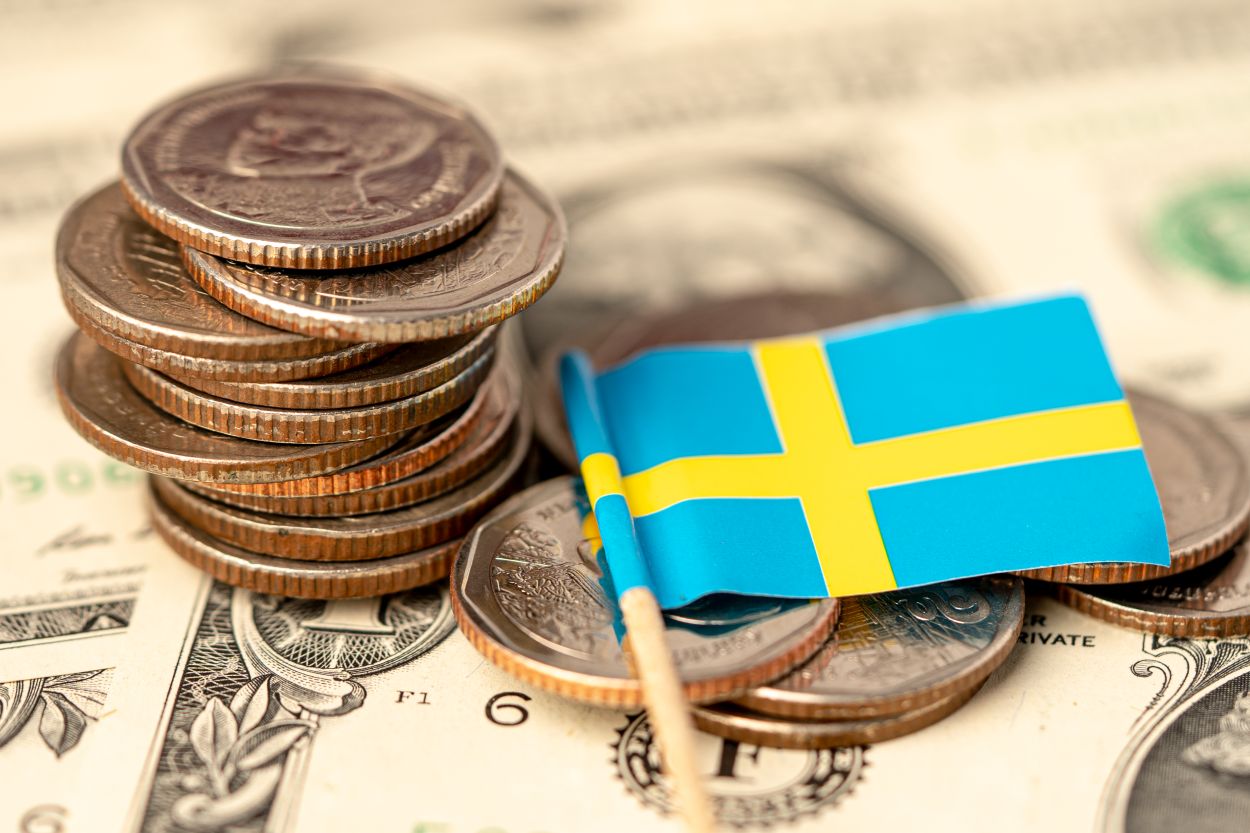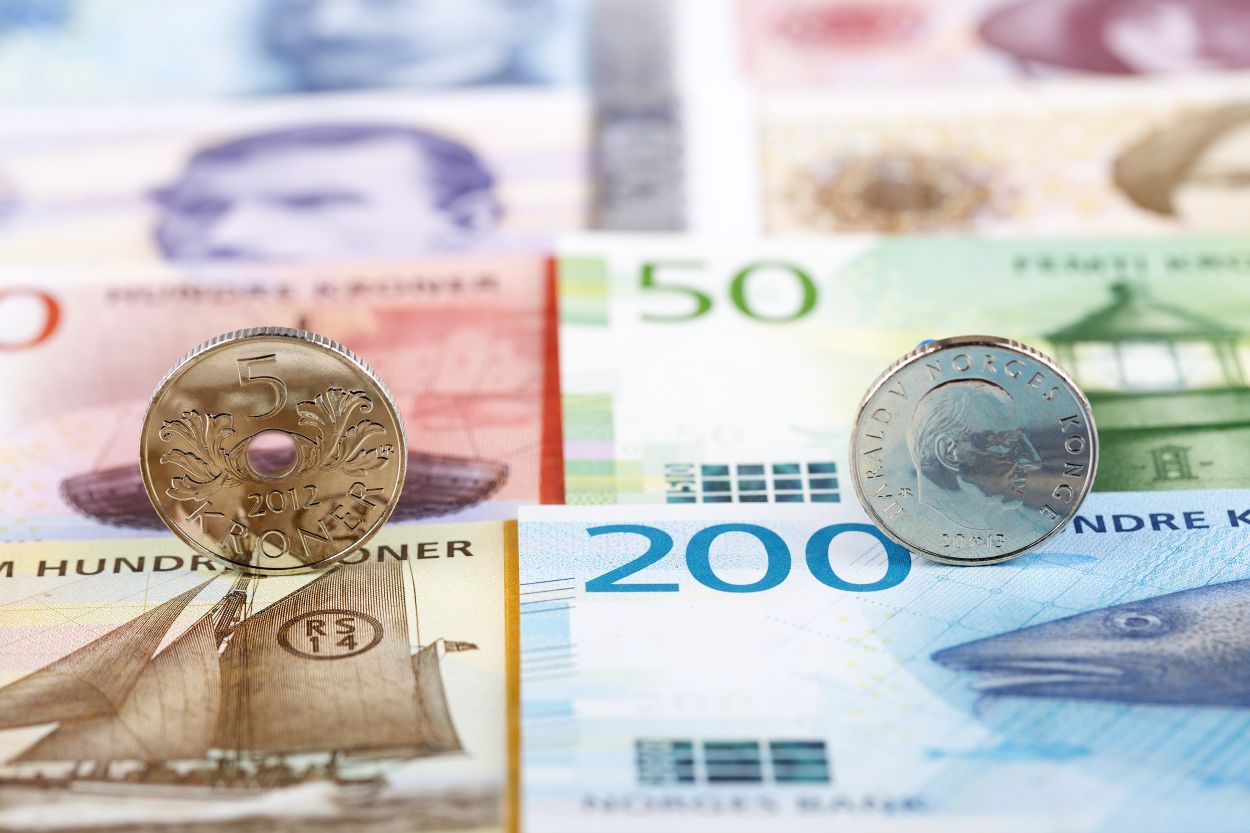Sterling and the euro rose to fresh weekly highs on Friday, supported by the Bank of England’s calming market action and hawkish signals from the European Central Bank.
The British currency was approaching its best week against the US dollar in 2.5 years as the Bank of England entered the debt market to buy securities for the second day on Thursday, supporting UK yields.
Strong consumer inflation data in Germany and the Netherlands also served as a reminder that the work of the ECB, the Bank of England and other central banks has yet to be done, while data for the wider euro area from 19 countries will be released later on Friday.
The pound touched $1.1222 early in the Asian session, coming close to offsetting any sharp losses caused by the new government’s so-called mini-budget, introduced last Friday.
Later in the session, it recouped some of that gain but still gained 0.12% to $1.11325 at 0522 GMT, staying on track for a 2.61% gain this week, the highest since March. 2020. This is despite a record low of $1.0327 on Monday.
“The recovery in the cable (sterling) market is striking,” said Sean Callow, strategist at Westpac in Sydney.
“This makes some sense as UK yields will be strong for some time, discouraging short positions. But given that the UK is already running a very large current account deficit, we doubt the pound has much more upside potential.”
The euro was almost unchanged at $0.98145 after climbing to $0.9844 earlier.
The single currency is on track for a weekly gain of 1.32%, its best performance in four months, after recovering from a new two-decade low at $0.9528 on Monday.
However, the liquidity of European currencies during the Asian session was extremely low.
Data on Thursday showed that inflation in Germany hit its highest level in more than a quarter of a century due to high energy prices, with analysts warning that the energy crisis has not yet fully manifested itself.
Inflation in the Netherlands jumped in September to its highest level in decades due to a sharp rise in energy prices, the statistics agency (CBS) said on Friday.
Markets are fully committed to another 75 basis point ECB hike next month, with a 1 to 3 chance of a full percentage point.
“My choice is 75,” ECB chief Gediminas Simkus said on the sidelines of a conference in Vilnius. “But 50 is the minimum.”
Colleagues, including Peter Casimir of Slovakia, Robert Holzmann of Austria and Olli Rehn of Finland, have said 75 basis points in recent days, although the next ECB meeting on 27 October is still almost a month away.
For the Bank of England, traders are looking for a 125 basis point tightening in early November with little chance of a 150 basis point upside.
The dollar index, which measures the US dollar against the euro, pound sterling and four other major currencies, managed to climb 0.12% to 111.93 but remained close to a weekly low of 111.64 hit the day before.
This is despite continued hawkish rhetoric from Federal Reserve policymakers, with Cleveland Fed President Loretta Mester saying on Thursday that „price stability remains the number one priority” and inflation needs to be tamed before officials can worry about the economic impact. growth.
The dollar was virtually unchanged at 144.55 yen and has mostly hovered below the psychological 145 line since Japanese officials stepped in to make their first yen buying intervention since 1998 last week when the dollar jumped to a new 24-year peak at 145.90 yen.
Finance Minister Shunichi Suzuki on Thursday said he was ready to intervene again if speculative movements in the currency continue.
Later on Friday, the Japanese government will confirm the amount it has spent on the intervention and the amount it has kept in reserve for further such action.



